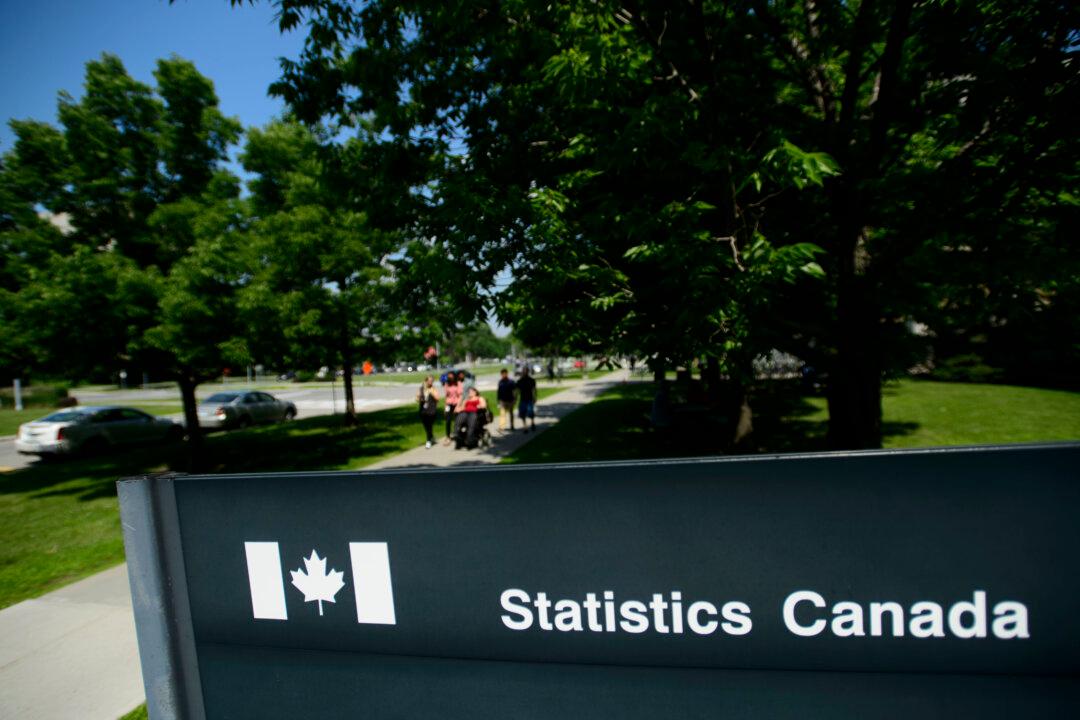The number of births in Canada has started to decline again after a short-lived increase during the COVID pandemic, according to Statistics Canada.
The agency says the total number of births has been declining since 2016, with the exception of Nova Scotia, which saw a 12.8 percent increase in 2022.





